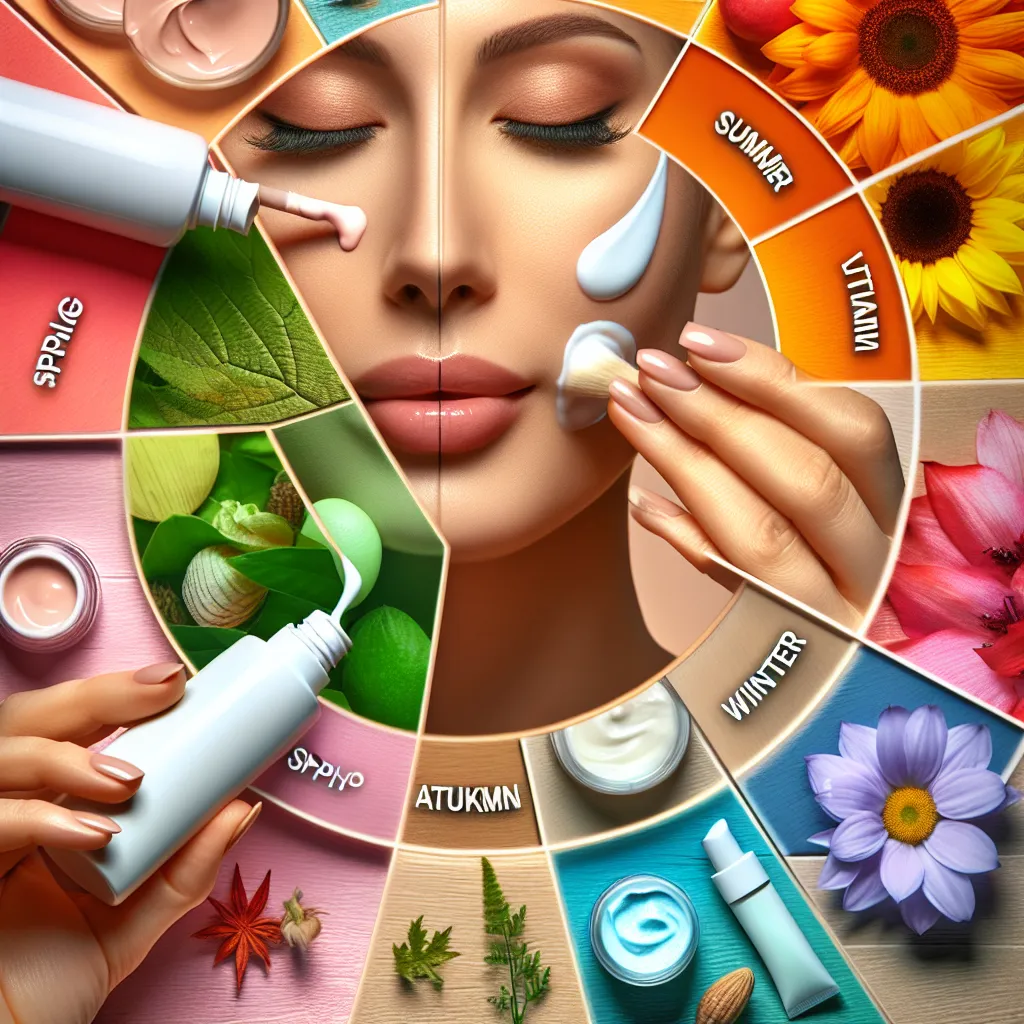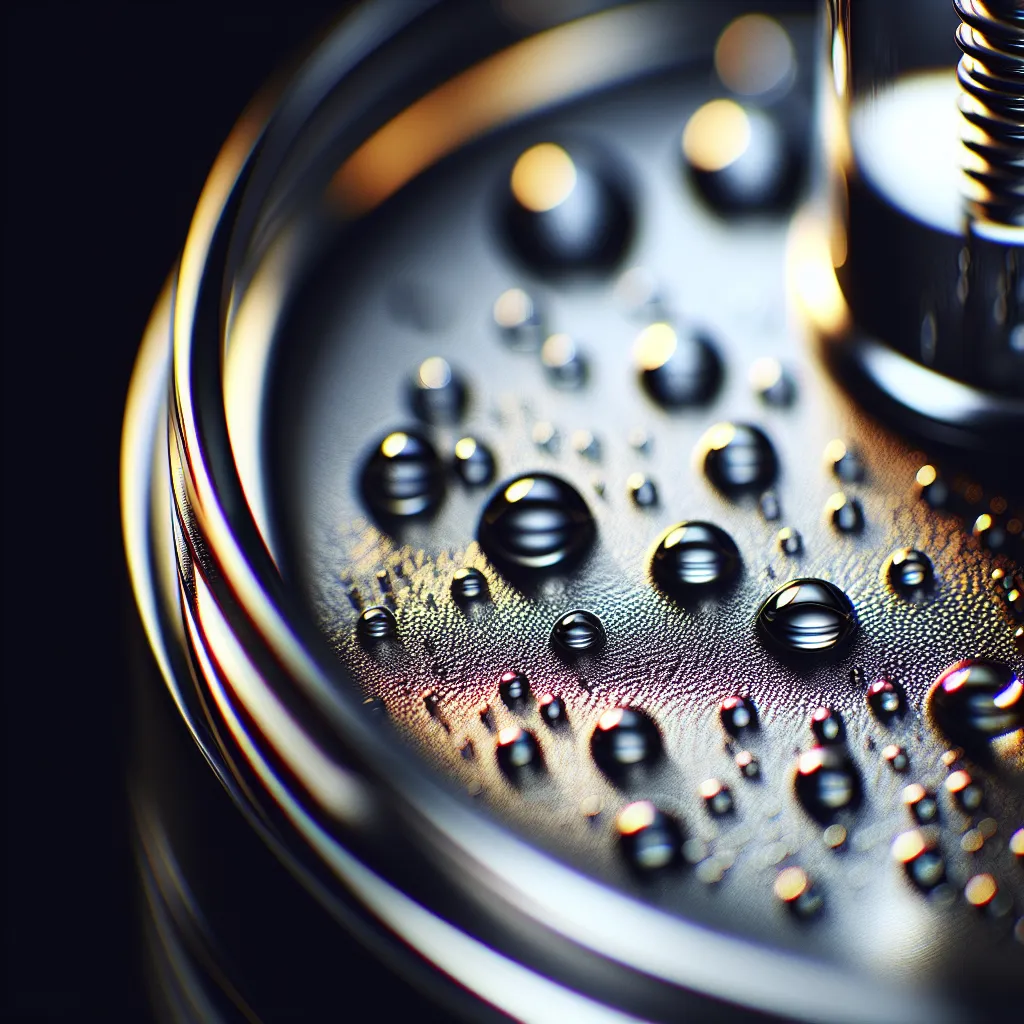Introduction to Achieving Clear Skin
Introduction to Achieving Clear Skin
Achieving clear and healthy skin is a goal for many individuals, and establishing a dermatologist-approved skincare routine is crucial in attaining this objective. A proper skincare regimen not only helps in maintaining clear skin but also addresses specific skin concerns such as acne, hyperpigmentation, and signs of aging.
To begin the journey towards clear skin, it’s essential to understand your skin type and its unique needs. Whether you have oily, dry, combination, or sensitive skin, tailoring your skincare routine to suit your specific skin type is fundamental. Consulting with a dermatologist can provide valuable insights into understanding your skin and identifying the most effective products and treatments.
Additionally, incorporating key components into your skincare routine, such as cleansing, exfoliating, moisturizing, and applying sunscreen, is pivotal for achieving clear skin. Each step plays a vital role in maintaining skin health, preventing breakouts, and combating environmental damage.
In the following sections, we will delve into dermatologist-approved skincare routines tailored to different skin types and common skin concerns, offering insights into the best practices for achieving and maintaining clear, radiant skin.
Dermatologist’s Guide to Skincare Products
When it comes to achieving clear and healthy skin, following a dermatologist-approved skincare routine is essential. Dermatologists are experts in understanding the skin and can provide valuable insights into the most effective skincare products. A dermatologist’s guide to skincare products often emphasizes the importance of using gentle cleansers, moisturizers, and sunscreen. These products are essential for maintaining the skin’s natural barrier and protecting it from environmental damage.
In addition to the basics, dermatologists also recommend incorporating specialized products such as retinoids, vitamin C serums, and exfoliants into the skincare routine. These products can help address specific concerns such as acne, hyperpigmentation, and aging skin. However, it’s crucial to consult with a dermatologist before integrating these potent products to ensure they are suitable for individual skin types and conditions.
Furthermore, dermatologists advise against using harsh scrubs, aggressive exfoliants, or over-drying products, as these can disrupt the skin’s balance and lead to irritation. Instead, they often recommend gentle exfoliation and non-comedogenic products to promote clear pores and a healthy complexion.
Ultimately, consulting a dermatologist for personalized skincare recommendations can significantly impact the overall health and appearance of the skin. By following a dermatologist-approved skincare routine and using the recommended products, individuals can work towards achieving the clear, radiant skin they desire.
Best Practices for Achieving Clear Skin
When it comes to achieving clear skin, following a dermatologist-approved skincare routine can make a world of difference. Dermatologists emphasize the importance of best practices for maintaining healthy and radiant skin. One of the key best practices is to establish a consistent skincare routine that includes cleansing, exfoliating, moisturizing, and protecting the skin from the sun.
Cleansing the skin twice a day, in the morning and evening, helps to remove dirt, oil, and impurities that can clog pores and lead to breakouts. Using a gentle cleanser that is suitable for your skin type is crucial to maintain the skin’s natural balance. Following up with exfoliation 2-3 times a week helps to slough away dead skin cells and reveal a smoother complexion.
Moisturizing is another essential step in any skincare routine. It helps to keep the skin hydrated and prevents it from becoming dry and dull. Choosing a moisturizer with ingredients that suit your skin type and concerns, such as hyaluronic acid for hydration or niacinamide for evening out skin tone, can significantly benefit the skin.
Lastly, protecting the skin from the sun is vital for maintaining clear and healthy skin. Applying a broad-spectrum sunscreen with an SPF of 30 or higher every day, even on cloudy days, shields the skin from harmful UV rays that can cause premature aging and damage.
Following these best practices in a dermatologist-approved skincare routine can help you achieve the clear and glowing skin you desire.
Expert Tips for Maintaining Clear Skin
When it comes to achieving and maintaining clear skin, following a dermatologist-approved skincare routine is essential. Expert skincare tips can help you achieve the clear, healthy complexion you’ve always wanted. Dermatologists emphasize the importance of a consistent skincare routine that includes cleansing, moisturizing, and sun protection.
One of the key expert tips for maintaining clear skin is to cleanse your face twice a day using a gentle, non-abrasive cleanser. This helps to remove dirt, oil, and makeup, preventing clogged pores and breakouts. Dermatologists also recommend using a moisturizer suitable for your skin type to keep your skin hydrated and balanced.
Furthermore, incorporating products with active ingredients like retinoids or salicylic acid can help to unclog pores, reduce inflammation, and promote skin cell turnover, leading to clearer skin over time. However, it’s important to introduce these products gradually and be consistent with their usage to avoid irritation.
According to dermatologists, protection from the sun is crucial for maintaining clear skin. Using a broad-spectrum sunscreen with an SPF of 30 or higher, applying it generously, and reapplying it every 2 hours when outdoors is highly recommended. This shields the skin from harmful UV rays, preventing sun damage and premature aging.
In addition to a good skincare routine, dermatologists advise maintaining a healthy lifestyle, including a balanced diet, regular exercise, and stress management, as these factors can also impact skin health. Getting enough sleep and staying hydrated are also important for clear, glowing skin.
By incorporating these expert tips into your daily routine, you can effectively maintain clear, healthy skin and reduce the likelihood of skin issues. Consulting with a dermatologist can provide personalized recommendations and guidance for a skincare routine tailored to your individual needs and skin concerns.




